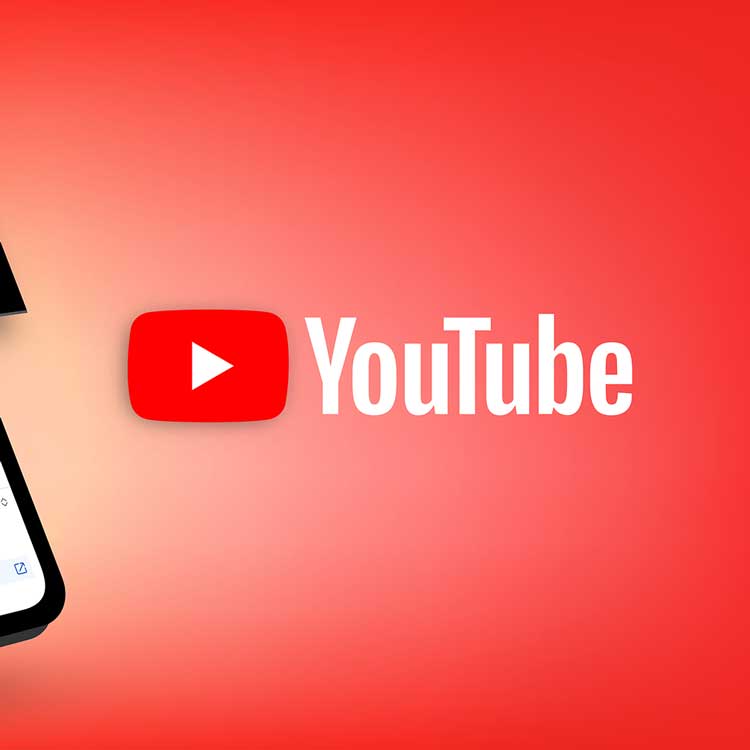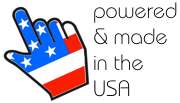Your website isn’t just a digital business card—it’s a 24/7 salesperson. But if customers can’t find what they need quickly, they’ll leave. Worse, search engines like Google won’t rank your site highly if your navigation is confusing.
Because user experience and search engine optimization (SEO) are paramount, the way you name your website categories, menu navigation, and page titles can make or break your online presence.
A well-structured website is not just a technical need; it’s a crucial aspect of engaging with your audience.
The Dual Importance of Naming
Well-crafted website names enhance customer navigation by enabling visitors to easily identify and access information. Proper naming reduces the need for exhaustive searches, offering quick, clear pathways through your content.
Additionally, search engines, like Google, rely on these identifiers for accurate indexing and ranking, impacting your visibility online.
User Benefits:
- Ease of Navigation:
Clear and concise titles help visitors easily find what they're looking for.
- Quick Information Access:
Proper naming lets users understand content at a glance, without delving into long paragraphs.
- Enhanced Engagement:
A logical structure keeps users engaged and encourages them to explore more.
SEO Benefits:
- Better Indexing:
Descriptive titles improve the likelihood of search engines indexing your site correctly.
- Higher Search Rankings:
Effective use of keywords in titles can boost your website’s visibility on search engine result pages.
3 Golden Rules for Naming Menus & Pages
- Keyword-First: Use terms your customers and Google search for (e.g., “Emergency Dental Services,” not “Solutions”).
Use concise and relevant language that encapsulates the content. For instance, a retail business might have categories like “New Arrivals” or “Summer Sale,” which immediately connect with user intent.
- Brevity Wins: 1-3 words max. “Book Online” > “Reserve Your Spot Today.”
Use concise and relevant language that encapsulates the content. For instance, a retail business might have categories like “New Arrivals” or “Summer Sale,” which immediately connect with user intent.
- Accuracy is Key: If your “About Us” page discusses your team’s certifications, rename it “Meet Our Expert Surgeons.”
Use everyday language that resonates with your audience. In the restaurant industry, instead of “Culinary Offerings,” opt for “Menu” which is straightforward and easily understood.
Industry-Specific Navigation Fixes
1. Retail
- Problem: Vague categories like “Products” force shoppers to hunt.
- Fix: Use customer-centric labels:
- ❌ “Shop” → ✅ “Women’s Running Shoes”
- ❌ “Deals” → ✅ “Weekend Flash Sale”
- Action Step: Audit your top 5 selling products. Create menu links that match how customers describe them (e.g., “Affordable Work Dresses” if analytics show searches for “cheap office attire”).
2. Restaurants
- Problem: Buried menus or unclear reservation links.
- Fix: Prioritize high-conversion actions:
- ❌ “Dining” → ✅ “View Menu & Order Online”
- Add a sticky header: “Reserve Your Table” in red.
- Action Step: Place your phone number and “Order Now” button in the top-right corner of every page.
3. Hospitality (Hotels/B&Bs)
- Problem: Guests want instant access to amenities and booking.
- Fix: Highlight what’s unique:
- ❌ “Rooms” → ✅ “Ocean-View Suites”
- ❌ “Services” → ✅ “Spa Packages & Pool Hours”
- Action Step: Add a “Special Offers” tab linking to seasonal deals (e.g., “Summer Family Discounts”).
4. Construction
- Problem: Homeowners don’t understand vague service labels.
- Fix: Be specific about your expertise:
- ❌ “What We Do” → ✅ “Kitchen Remodeling Services”
- ❌ “Projects” → ✅ “See Our Bathroom Renovations”
- Action Step: Create a “Free Estimate” page and link it in your main menu.
5. Healthcare
- Problem: Patients struggle to find insurance info or urgent care hours.
- Fix: Reduce phone calls with clear labels:
- ❌ “Resources” → ✅ “Accepted Insurance Plans”
- ❌ “Contact” → ✅ “Same-Day Appointments”
- Action Step: Add a “New Patient Forms” download link in the footer.
6. Professional Services (Legal, Accounting)
- Problem: Clients can’t differentiate practice areas.
- Fix: Build trust with specificity:
- ❌ “Services” → ✅ “Divorce & Family Law”
- ❌ “About” → ✅ “Meet Our Tax CPAs”
- Action Step: Add a “Client Portal” button to your homepage’s main menu.
Pro Tip: Test & Refine
Use tools like Hotjar to track where users click. If 80% ignore your “Blog” tab, rename it “DIY Contractor Tips” (construction) or “Tax Savings Guides” (accounting).
General Naming Guidelines
- Keep It Short:
Use no more than one to three words for titles and menu links.
- Stay Relevant:
Titles should accurately reflect the content they lead to.
- Be Descriptive:
While keeping it short, ensure titles give a clear idea of the content.
- Proper Use of Jargon:
Use language your audience understands, making sure to clearly explain complex industry terms.
- Focus on One Topic:
Each category, menu link, or page title should cover a single, specific topic.
- Avoid Irrelevant Information:
Stick to the essential details that help users and search engines understand the content.
Additional Rule of Thumb
If a section is too broad or complex to be summed up in a few words, consider breaking it down into smaller, more specific subcategories. For example, a "Services" page for a construction company might be divided into "Residential," "Commercial," and "Renovations."
Final Thoughts
By carefully selecting website names, categories, and page titles, you’re setting your site up for success. Not only does this make navigation easier for your customers, but it also enhances your site’s SEO effectiveness.
Whether you serve retail, restaurants, hospitality, construction, healthcare, or professional services, applying these smart naming strategies will drive better results for your online presence. The ultimate goal? Create an intuitive and engaging online experience that converts visitors into customers!
Bottom Line:
Your website’s navigation is a silent salesperson. Nail it, and you’ll turn casual browsers into paying customers.













